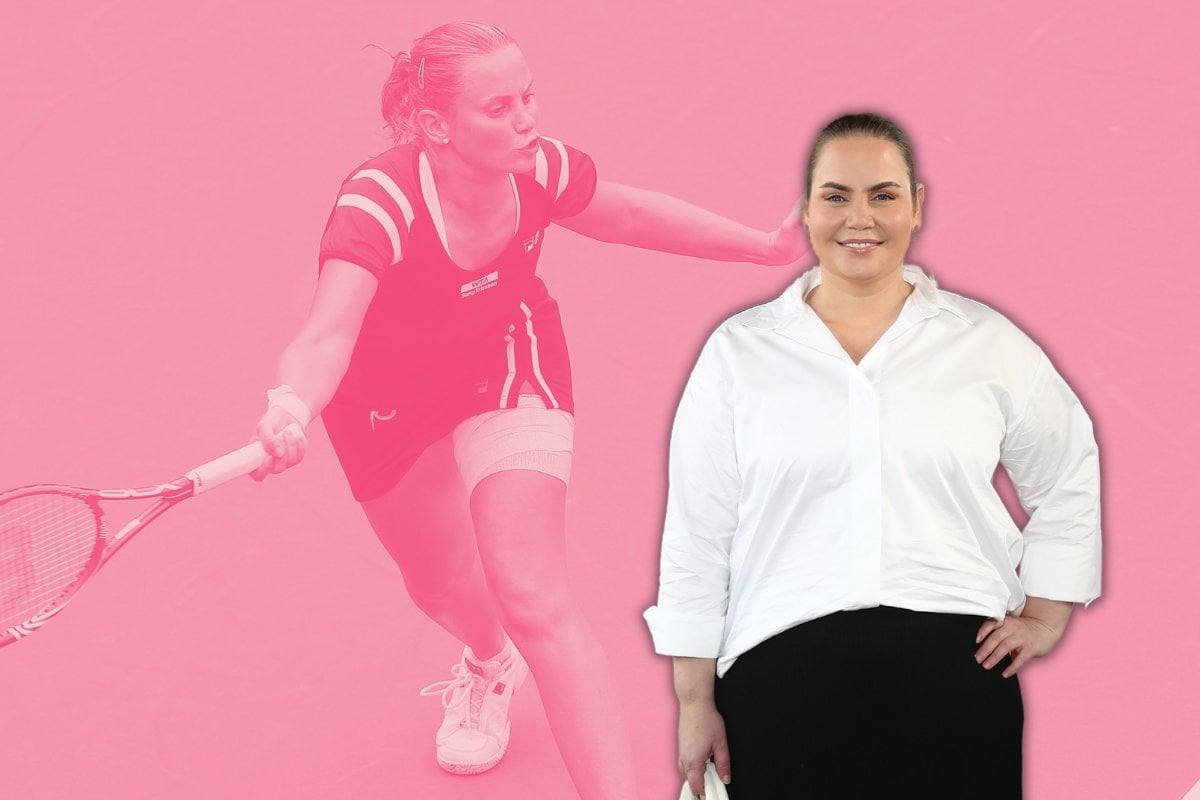
This post deals with mental health and suicide and may be distressing for some readers.
It's the transformation pic everyone's talking about. Retired tennis star Jelena Dokic recently posted a photo on Instagram of her former size-4 self next to her present size-16 self with the caption, “I will take the size 16 over the size 4 any day if it means I am happy”.
And the impact has been major.
Dokic’s post was a response to the ongoing online bullying she’s faced about her weight and body size. Comments from trolls about her appearance peaked at the Australian Open earlier this year, where she was working as a commentator, and have remained constant since.
“What is the most common comment I see when it comes to my body, size and weight? What happened to her? I can barely recognise her,” Dokic writes in her post.
“Really? What happened? You can’t recognise me? Let me tell you what happened.”
